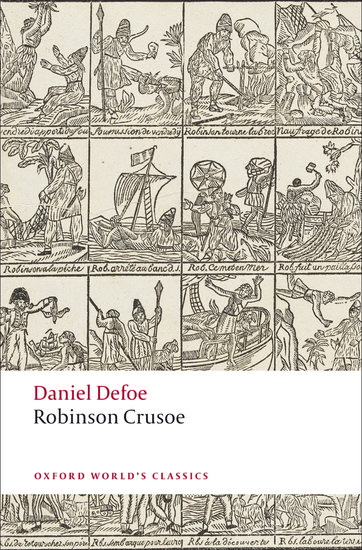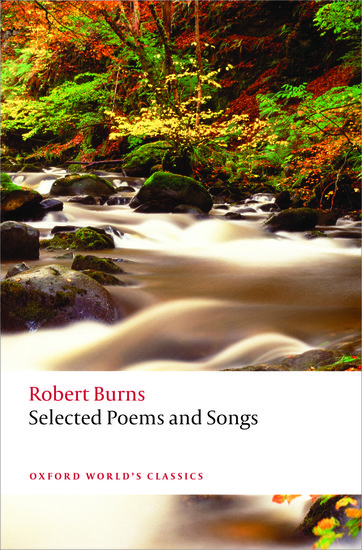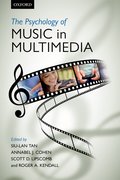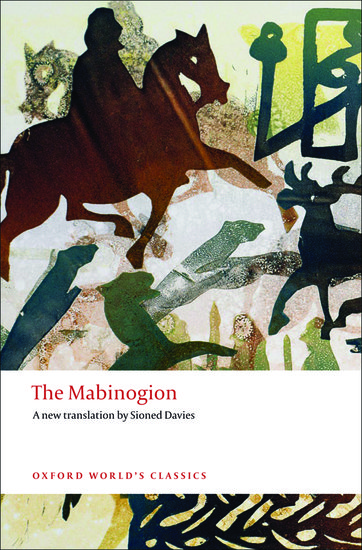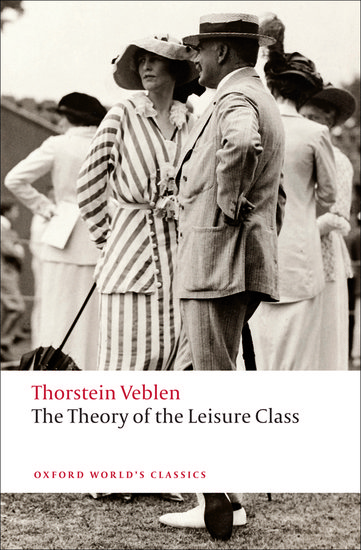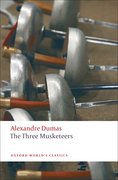Bryant Park Reading Room 2019
Oxford University Press has once again teamed up with the Bryant Park Reading Room on their summer literary series.
Established in 1935, the Bryant Park Reading room was created by the New York Public Library as a refuge for thousands of unemployed New Yorkers during the Great Depression.








